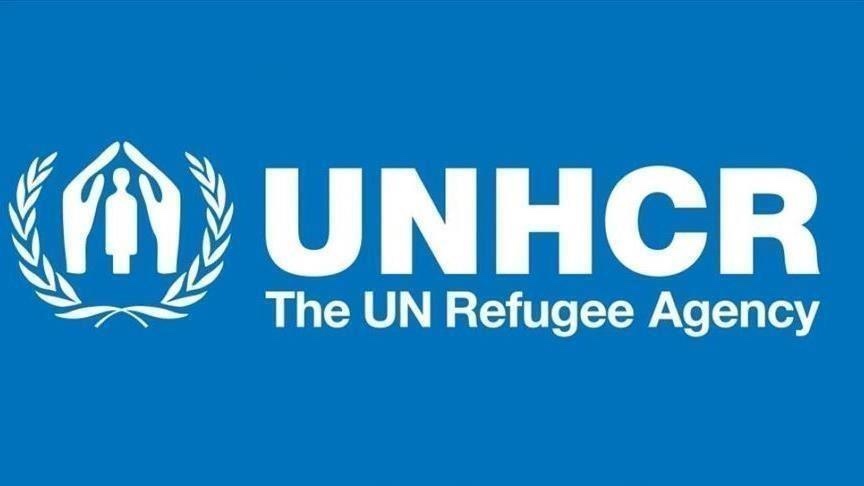JUBA, South Sudan -The UN refugee agency (UNHCR) on Friday called for concerted action to mitigate the effects of climate change on South Sudan.
Andrew Harper, UNHCR special adviser on climate action, said climate change driven by flooding and drought are threatening to aggravate an already precarious situation in vulnerable parts of South Sudan.
“If we do not step up our support for the people of South Sudan, climate change and environmental degradation coupled with ongoing insecurity mean that resources will further shrink, leaving people with no means to survive,” Harper told reporters on Friday after finishing a five-day official visit to assess the impact of climate change on peace and development in South Sudan.
Harper visited flood-affected areas as well as areas facing drought.
Vulnerable communities and livestock are increasingly at risk due to floods cutting off roads, thus obstructing provisioning of humanitarian assistance, he said.
“Poor or no road infrastructure networks make it hard for external support to reach remote locations such as Old Fangak, where the former airstrip is completely submerged and currently unusable for landing,” said Harper.
“In 2021, South Sudan has already witnessed the worst flooding on record. Such events are set to become the norm not the exception in the future,” he added.
Harper said that South Sudan is the largest source of refugees in Africa, numbering more than 2.3 million, adding that the country also hosts one of the world’s largest UN peacekeeping operations.
“We know that if we do nothing the cost will be high. By this I mean the devastating human consequence, but also the actual price tag for the international community. This is why it is so important to invest in preparedness, early warning and adaptation,” he added.
Harper said that UNHCR will continue to support refugees and the people of South Sudan.
Last year Floods in South Sudan affected more than 835,000 people across eight states. Livelihoods, food production and drinking water supply have all been severely impacted. Humanitarian agency Concern Worldwide described the flooding as the worst in 60 years, and estimates over 200,000 people have been forced to leave their homes.


